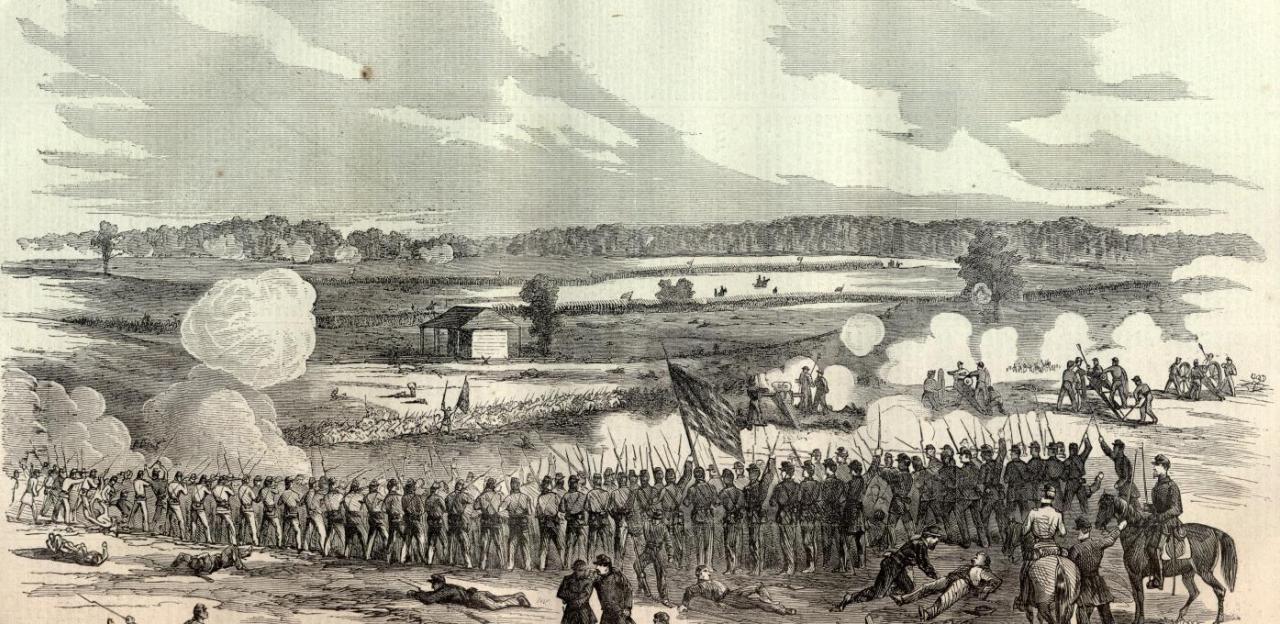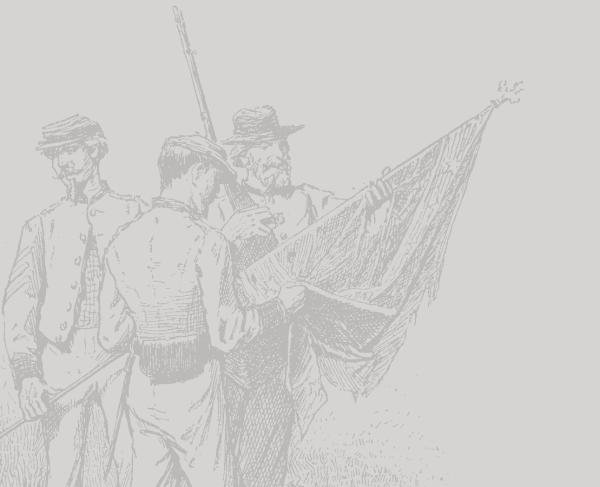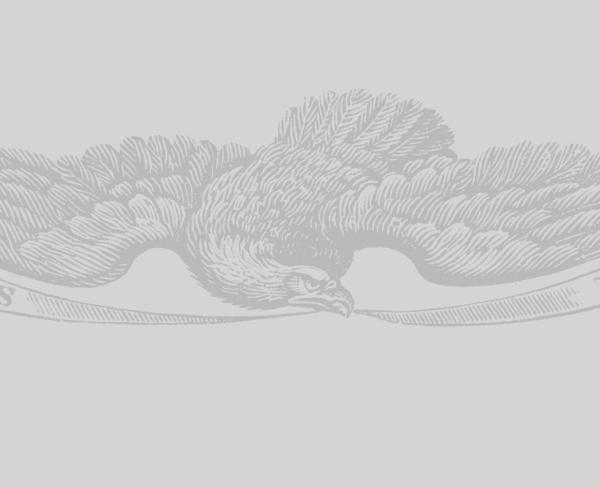Recollections of the Battle of Perryville

The following is an excerpt from "Co. Aytch: A Side Show of the Big Show", a memoir written by Private Sam Watkins of his experiences serving in the First Tennessee Regiment, Company H. Watkins, a native of Columbia, Tennessee, enlisted in the spring of 1861 at the age of 21 and fought in every major battle of the Army of Tennessee, including Shiloh, Perryville, Stones River, Chickamauga, Missionary Ridge, Kennesaw Mountain, Franklin and Nashville. Of the 1,200 men who fought in the First Tennessee, Watkins was one of only 65 who survived to surrender to Gen. William Tecumseh Sherman in North Carolina in 1865.
I was in every battle, skirmish and march that was made by the First Tennessee Regiment during the war, and I do not remember of a harder contest and more evenly fought battle than that of Perryville…
I stood picket in Perryville the night before the battle -- a Yankee on one side of the street, and I on the other. We got very friendly during the night, and made a raid upon a citizen’s pantry, where we captured a bucket of honey, a pitcher of sweet milk, and three or four biscuit. The old citizen was not at home – he and his whole household had gone visiting, I believe. In fact, I think all of the citizens of Perryville were taken with a sudden notion of promiscuous calling about this time; at least they were not at home to all callers.
At length the morning dawned. Our line was drawn up on one side of Perryville, the Yankee army on the other. The two enemies that were soon to meet in deadly embrace seemed to be eyeing each other. The blue coats lined the hillside in plain view. You could count the number of their regiments by the number of their flags. We could see the huge war dogs frowning at us, ready at any moment to belch forth their fire and smoke, and hurl their thunderbolts of iron and death in our very midst.
I wondered why the fighting did not begin. Never on earth were our troops more eager for the engagement to open…About 12 o’clock, while we were marching through a corn field, in which the corn had been shocked, they opened their war dogs upon us. The beginning of the end had come…from one end of the line to the other seemed to be a solid sheet of blazing smoke and fire. Our regiment crossed a stream, being preceded by Wharton’s Texas Rangers, and we were ordered to attack at once with vigor…From this moment the battle was a mortal struggle. Two lines of battle confronted us. We killed almost every one in the first line, and were soon charging over the second, when right in our immediate front was their third and main line of battle from which four Napoleon guns poured their deadly fire.
We did not recoil, but our line was fairly hurled back by the leaden hail that was poured into our very faces. Eight color-bearers were killed at one discharge of their cannon. We were right up among the very wheels of their Napoleon guns. It was death to retreat now to either side. Our Lieutenant-Colonel Patterson halloed to charge and take their guns, and we were soon in a hand-to-hand fight – every man for himself – using the butts of our guns and bayonets…Such obstinate fighting I never had seen before or since. The guns were discharged so rapidly that it seemed the earth itself was in a volcanic uproar. The iron storm passed through our ranks, mangling and tearing men to pieces. The very air seemed full of stifling smoke and fire which seemed the very pit of hell, people by contending demons…
The sun was poised above us, a great red ball sinking slowly in the west, yet the scene of battle and carnage continued. I cannot describe it. The mantle of night fell upon the scene. I do not know which side whipped, but I know that I helped bring off those four Napoleon guns that night though we were mighty easy about it. They were given to Turner’s Battery of our brigade and had the name of our Lieutenant-Colonel Patterson and our color-bearer, Mitchell, both of whom were killed, inscribed on two of the pieces…I saw these very four guns surrendered at Missionary Ridge…I remember one little incident that I laughed at while in the very midst of battle. We were charging though an old citizen’s yard, when a big yellow cur dog ran out and commenced snapping at the soldiers’ legs – they kicking at him to keep him off. The next morning he was lying near the same place, but he was a dead dog.
After the battle was over, John T. Tucker, Scott Stephens, A. S. Horsley and I were detailed to bring off our wounded that night, and we helped to bring off many a poor dying comrade – Joe Thompson, Billy Bond, Byron Richardson, the two Allen boys – brothers, killed side by side – and Colonel Patterson, who was killed standing right by my side. He was first shot through the hand, and was wrapping his handkerchief around it, when another ball struck and killed him. I saw W. J. Whittorne, then a strippling boy of fifteen years of age, fall, shot through the neck and collar-bone. He fell apparently dead, when I saw him all at once jump up, grab his gun and commence loading and firing, and I heard him say, “D—n ‘em, I’ll fight ‘em as long as I live.” Whit thought he was killed, but he is living yet. We helped bring off a man by the name of Hodge, with his under jaw shot off, and his tongue lolling out. We brought off Captain Lute B. Irvine. Lute was shot through the lungs and was vomiting blood all the while, and begging us to lay him down and let him die. But Lute is living yet. Also, Lieutenant Woldridge, with both eyes shot out. I found him rambling in a briar-patch…
I cannot tell the one-half, or even remember at this late date, the scenes of blood and suffering that I witnessed on the battlefield of Perryville. But its history, like all the balance, has gone into the history of the war, and it has been twenty years ago, and I write entirely from memory.
Related Battles
4,211
3,401

